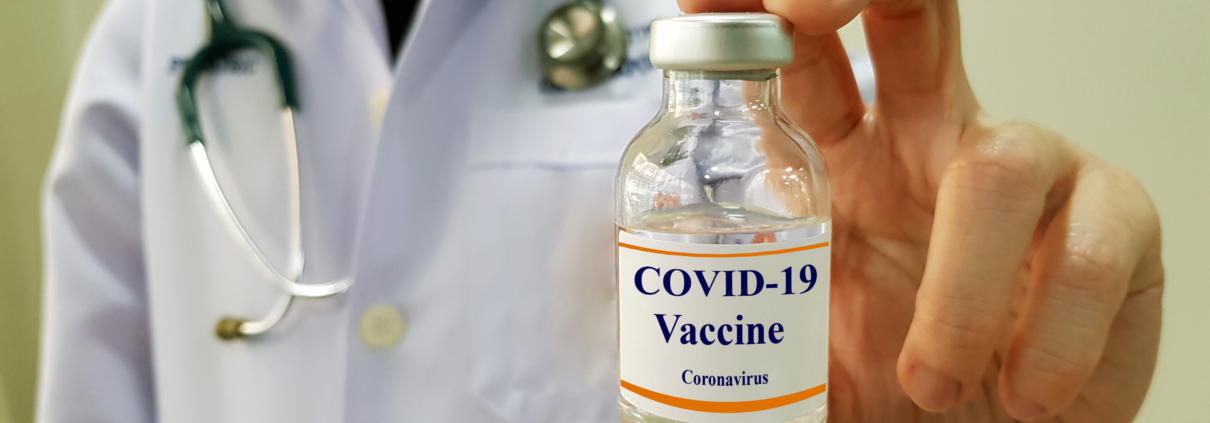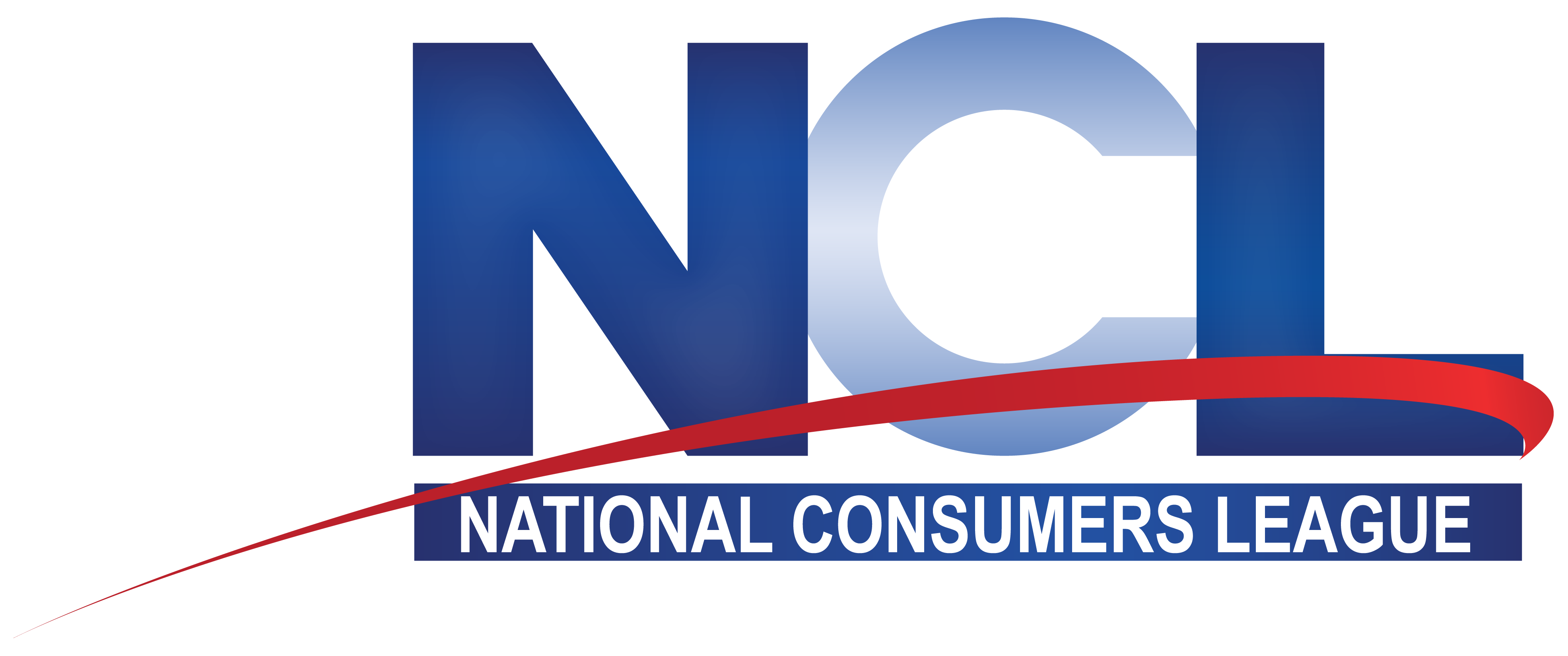Scammers gearing up to latch on to COVID-19 vaccine push
As the new year has dawned, there is, at last, some light at the end of a very dark tunnel of bad COVID-19 news. The COVID-19 vaccines are starting to be distributed to the healthcare workers who have been on the frontlines of the pandemic, as well as to other at-risk Americans. In the coming months, the vaccine will become available to millions more members of the general public. While this is undoubtedly good news, there is likely to be far greater demand than supply for the vaccine, at least in the early stages of the distribution campaign. This will create a perfect opportunity for scammers to latch on to consumers’ understandable desire to be vaccinated as quickly as possible.
Already, we are seeing warnings from law enforcement agencies like Interpol and the Federal Trade Commission that organized crime groups are gearing up to take advantage. If experience from previous pandemics like the 2014 ebola outbreak and the 2009 H1N1 epidemic are any guide, scammers will seek to take advantage of public interest in the outbreak to sell phony “cures” or to offer consumers bogus vaccines in exchange for a fee. We anticipate a flood of emails, text messages, and robocalls trying to trick the public into giving up sensitive personal information.
One of the best ways that consumers can defend themselves against scammers seeking to profit off our interest in the COVID-19 vaccine is to get educated about the red flags of likely fraud. Some common schemes we anticipate scammers using include:
- Want early access to the vaccine? Pay us. The vast majority of Americans will not need to pay any out–of–pocket costs to access the vaccine. The distribution processes for the vaccine will be decided largely by state governments, and we anticipate consumers will receive guidance from state health officials on where they land in the vaccine queue. If someone claims they can offer you “guaranteed” access to the vaccine in exchange for a fee or personal information, it’s a scam.
- You don’t need to be on a list to get the vaccine. Check with your doctor or your local public health agency for details on how and when you can get the vaccine. Any emails, text messages, or phone calls asking for personal information to “add you to the list” to be vaccinated are likely scams.
- Watch out for websites or advertisements offering “alternatives” to the vaccine. Surveys show that significant percentages of Americans may be wary of being vaccinated. Scammers who offer to sell you “alternative cures” to COVID-19 are just trying to scam you. Beware, too, of websites that offer COVID-19 “treatments,” for a fee.
If a scammer contacts you offering to help you get access to the COVID-19 vaccine, we want to hear about it! You can file a complaint at Fraud.org via our online complaint form. We’ll share your complaint with our network of law enforcement and consumer protection agency partners who can investigate and help put fraudsters behind bars.








